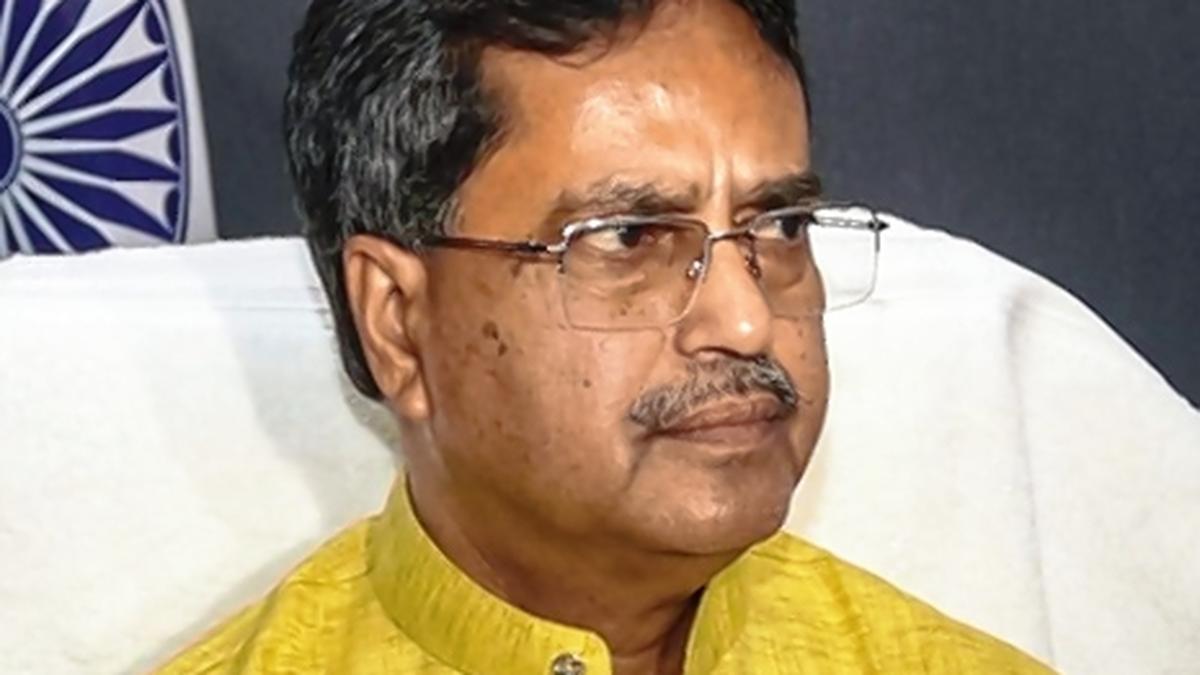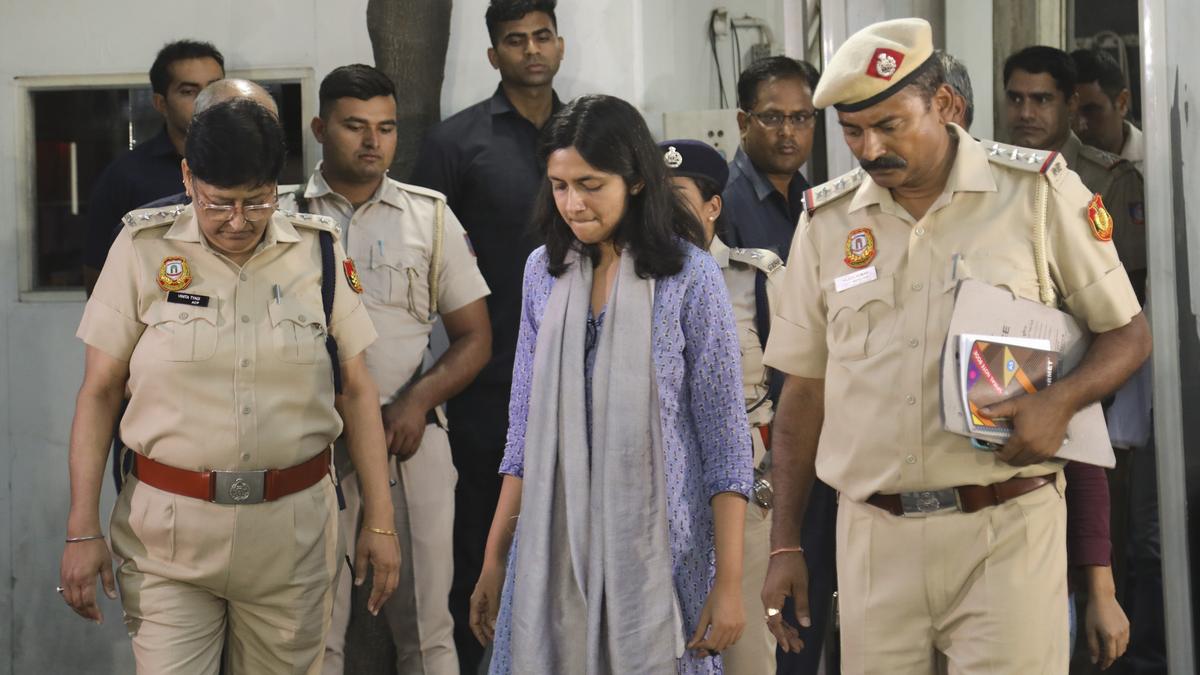Noting that the government should be given leeway if a ‘compromise’ is necessary to save the nation, Chief Justice of India D.Y. Chandrachud on Wednesday said that the Assam Accord of 1985 and the new citizenship regime that followed in its wake might have been an “adjustment” reached by the Rajiv Gandhi government to calm the waves of violent anti-immigrant protests that rolled over the northeastern State for years and threatened national peace.
“You must give the government that latitude. Even today, there are States in the northeast affected by insurgency and violence… We have to give the government that leeway to make some sort of adjustment necessary to save maybe even the nation,” Chief Justice Chandrachud, heading a Constitution Bench, observed.
He made the observation after senior advocate Shyam Divan, appearing for the petitioners, submitted that section 6A operates in a ‘blanket manner’ and rewards illegal immigrants who continue to stay in Assam in violation of the citizenship law. “Assam and other immediate neighbouring border states form a homogeneous single class. Singling out Assam is impermissible,” Mr. Divan said.
Also Read: Citizenship Act hearing | Government needs latitude to make peace, says CJI
A five-judge Constitution Bench headed by the Chief Justice is hearing a batch of petitions challenging the constitutional validity of Section 6A of the Citizenship Act, 1955. It is a special provision inserted into the 1955 Act in furtherance of a Memorandum of Settlement called the ‘Assam Accord’ signed on August 15, 1985, by the then Rajiv Gandhi Government with the leaders of the Assam Movement to preserve and protect the Assamese culture, heritage, linguistic and social identity.
The bench also comprising Justices Surya Kant, M.M. Sundresh, J.B. Pardiwala, and Manoj Misra made it clear that its ambit was limited to examining the validity of Section 6A and not the Assam National Register of Citizens (NRC).
Get the latest news from the Supreme Court hearing on Section 6A of the Citizenship Act | Day 1 | Day 2
The provision establishes March 24, 1971, as the cut-off date for entry into the State – those who came to the State on or after January 1, 1966, but before March 25, 1971, were to be declared as “foreigners” and would have all the rights and obligations of Indian citizens except that they would not be able to vote for 10 years.
In December 2014, the Supreme Court framed 13 questions covering various issues raised against the constitutionality of Section 6A, including whether the provision diluted the “political rights of the citizens of the State of Assam”; whether it was a violation of the rights of the Assamese people to conserve their cultural rights; whether an influx of illegal migrants in India constitutes ‘external aggression’ and ‘internal disturbance’, among others.
In 2015, a three-judge Bench of the court referred the case to a Constitution Bench.
Follow for live updates:

 5 months ago
70
5 months ago
70




